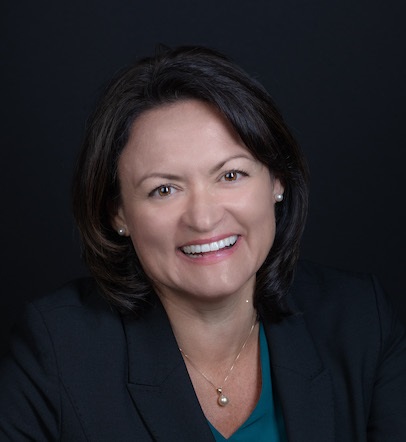By Gigi Moreno, Ph.D.
In August, I received an email from Kaiser Permanente asking members to volunteer for a COVID vaccine trial. I have never volunteered as a test subject for any scientific experiment. I also do my best to minimize exposing my body to medications and other chemicals. Nevertheless, I clicked on the link.
COVID had forced me to cancel a Caribbean cruise with my mother and my college-aged son, who live in Georgia and Florida. I hadn’t seen them in nearly a year. I am not in a high-risk group and would likely be in the last group offered the vaccine once approved. As a trial participant, I had a 50/50 chance of getting the vaccine this year, and I would be able to visit my son and my mother sooner.
The Kaiser email link took me to a form, and eventually, a telephone interview with a trial screener. He asked me about my health status, allergies and availability. During this interview, I also learned that the trial I was volunteering for was for the Pfizer vaccine. I was already familiar with Pfizer, as I had worked on various projects for them as a healthcare consultant in the past. I knew they were a solid company with a reputation for producing innovative, high-quality medicines. I read articles about Pfizer’s work on the COVID vaccine and its commitment to producing a safe and effective vaccine. I also learned that they had already manufactured “hundreds of thousands” of vaccines—months before submitting their application for FDA review. They had also made significant investments in manufacturing capacity for this vaccine. I figured they had a lot to lose if this did not go well.
To further assure myself, I also researched the messenger RNA (mRNA) technology underlying Pfizer’s vaccine (Moderna’s vaccine also uses this technology). This technology was key in Pfizer’s ability to bring the COVID vaccine to market at such an accelerated pace. While the COVID-19 vaccine was developed at lightning-fast speed, the mRNA technology has been in development for 30 years! This is not a fly-by-night technology. The mRNA technology has been poked and prodded for a long time.
A month later, I was invited to participate in the trial at a clinic in Long Beach. This vaccine trial is a double-blind study. Neither the patient nor the researcher knows whether the vaccine or the placebo would be administered, I just knew that I would have a 50 percent chance of receiving the vaccine. After completing the paperwork and reading a long list of the vaccine’s potential adverse effects, I went ahead and volunteered my body to science.
I questioned my sanity, but between my confidence in science, our desperate need for data about this vaccine, and my desire to see my son and my mom, I knew I was doing the right thing. Once I confirmed my participation, I waited a half-hour for the vaccine to thaw from -94 degrees Fahrenheit. After receiving the first shot, I waited in the doctor’s office for another half-hour to confirm that I did not have any significant adverse effects. About an hour later, I started to feel feverish and fatigued. By the time I made it back home to Hermosa from Long Beach, I was overwhelmingly fatigued, had a mild fever and diarrhea. The discomfort interrupted my focus, and I went to bed by 7 p.m. that evening.
The next morning, I awoke feeling refreshed and back to normal. The only lasting effect was muscle soreness around the injection area for 2-3 days.
I completely forgot about this until about three weeks later, when I received a reminder to return to Long Beach for the second dose. My experience with the second dose was mostly the same as the first, but the fever and fatigue were more severe. I knew how to handle this and went to bed early. Again, I awoke feeling great the next morning. The trial research physician classified my reaction to the vaccine as “moderate” and said these were common side effects.
It has been over three months since my first dose. I have not experienced any other side effects and continue to be free from COVID-19. Learning that the vaccine is 95 percent effective against COVID-19 reassured me that I was not insane to volunteer for this trial and made me feel like I had contributed, in a small way, to our recovery from this pandemic.
While the vaccine is highly effective at keeping me from getting ill from a coronavirus infection, I may shed virus while my body fights such an infection and potentially infect others who have not been vaccinated. To protect the people around me, I continue to wear a mask and wash my hands religiously and continue practicing social distancing.
This vaccine is a remarkable scientific accomplishment and is a vital step in building our collective health and economic resilience to the coronavirus. But as with all other vaccines, herd immunity will not be achieved unless the vast majority of us get vaccinated.




